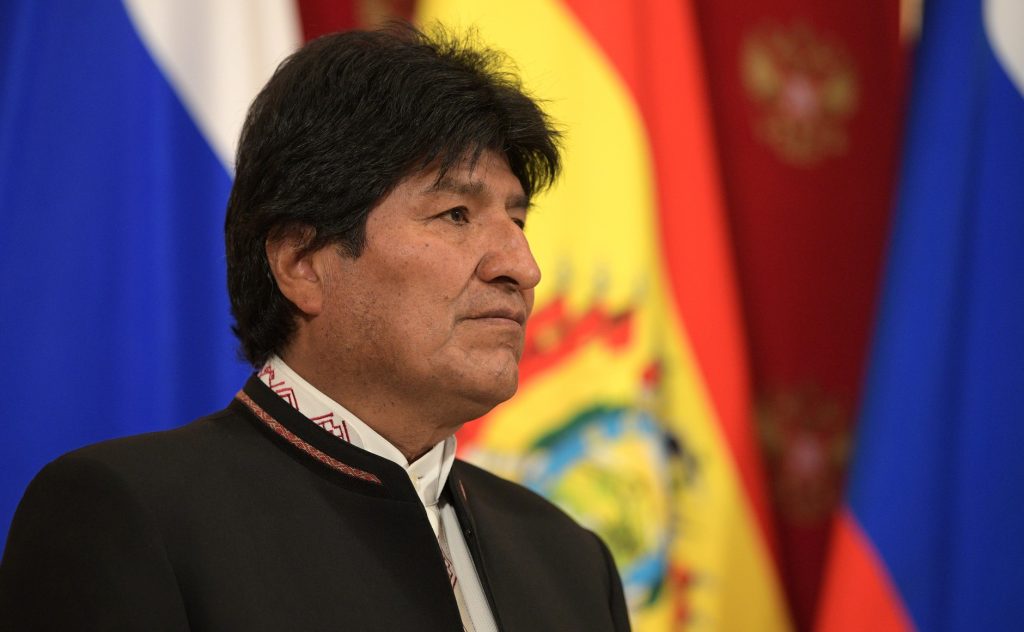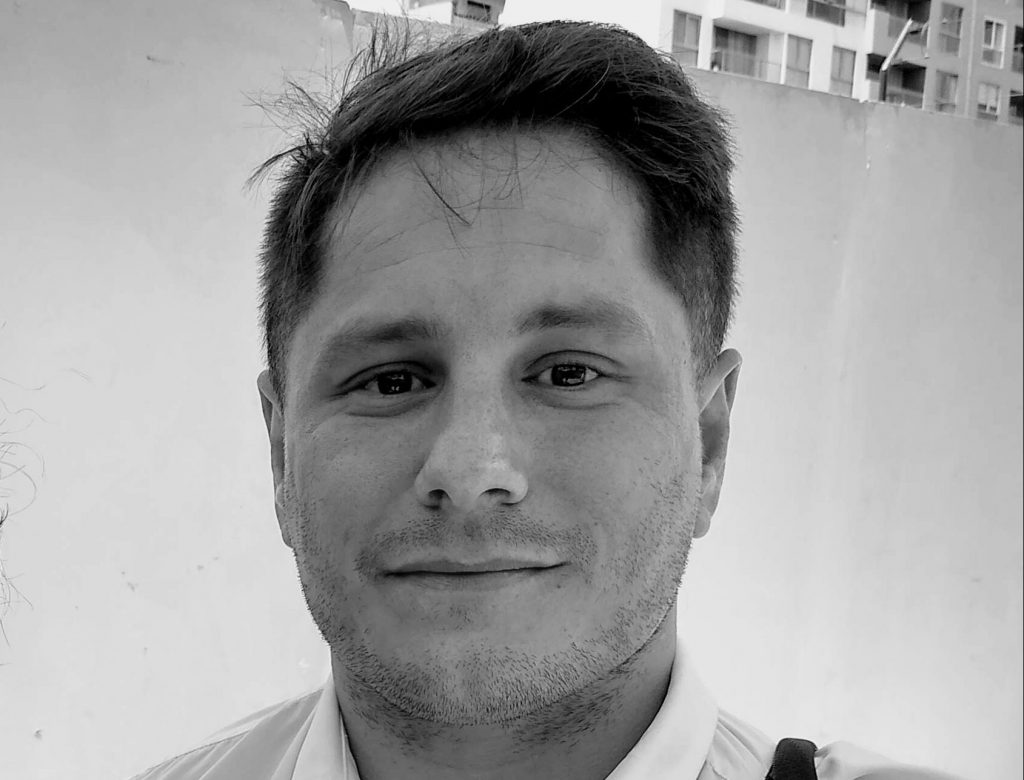Elections in Bolivia: President Morales Poised to Cling to Power
Ahead of Bolivia’s presidential elections in October, President Evo Morales looks set to win a fourth consecutive mandate, despite a referendum in which a narrow majority voted to block such a move. Is the South American nation about to take a step backwards?
Bolivia serves as a reminder that, all too often, democracies are only as strong as their weakest institution. A lack of judicial independence means that President Evo Morales looks set to rule once again, reigniting Latin America’s longstanding debate on term limits and the restrictions placed on presidential powers.
In November 2017, the country’s constitutional court overturned the result of a 2016 referendum in which Bolivians had narrowly voted down proposals to relax term limits and allow Morales to stand in the election scheduled for October 20, 2019. The ruling was upheld again in 2018 by the country’s supreme electoral court, judging that preventing him from running again would be a violation of his human rights. Morales, a charismatic former coca farmer and trade union leader, came to power in 2006. In 2009, he introduced a new constitution that lifted the ban on consecutive terms, which were nevertheless limited to two. Morales went on to win the 2009 and 2014 elections, justifying the latter with the fact that his first term had been under the previous constitution.
Morales, a charismatic former coca farmer and trade union leader, came to power in 2006 before introducing a new constitution that allowed for re-election and winning the 2009 and 2014 votes, justifying the latter candidacy with the fact that his first term had been under the previous constitution.
The court’s decision to favour Morales’ bid was widely anticipated. The Bertelsmann Transformation Index’s 2018 report, showed how the nation had ticked higher in its status index since 2006, rising from position 50 from among 129 countries to position 39 in 2018. However, the survey described the judiciary as “the weakest branch of the Bolivian government and its independence continues to be restricted in practice”. High court judges are elected from from candidates pre-selected by parliament, which is dominated by legislators from Morales’ MAS party. “The government controls the executive, the judiciary and the legislative, we have no independent institutions,” says Raúl Peñaranda, a Bolivian political analyst.
A continent-wide quandary
Two hundred years on from independence from Spain, Latin American nations still cannot decide whether re-election of presidents is a good idea. Following a twentieth century dominated by political caudillos (strongmen) and military dictatorships, the constitutions drawn up by Latin American democracies in the 1980s almost universally forbid successive presidential terms. Incumbent presidents, it was argued, could use their time in office – and state resources – to entrench their power.
In 1993, however, Peru’s Alberto Fujimori rewrote his country’s constitution to allow for reelection. Over the next decade, Argentina, Brazil, Ecuador, Venezuela, Bolivia and Colombia followed suit. The example of the U.S.’s two-term presidencies was cited as a model to follow.
Supporters of re-election claim that it allows voters a greater choice and makes the sitting president more accountable to the electorate by rewarding good performance. Constitutional reform to allow re-election often occur during times of emergency when incumbents persuade courts and voters that political stability and continuation are key. Fujimori and Colombia’s Alvaro Uribe both achieved popular support for constitutional changes following first term success combatting guerrilla movements. In Brazil, Fernando Henrique Cardoso argued that his continuation as president was necessary for the successful completion of key economic reforms following a deep currency crisis in the early 1990s.
Strong economy eases poverty
This is not the case in Bolivia, however. Morales’ 13 years in power have yielded significant improvements in economic growth and political stability. An increased state role in the economy, combined with countercyclical spending and land reform led to poverty rates (measured as those living on less than US$3.20 per day) dropping from 32 percent in 2005 to 12 percent by 2017.
“Under Morales social conditions have improved, poverty has fallen dramatically and there is a level of political participation that wasn’t there previously,” said John Crabtree a research associate at the University of Oxford’s Centre for Latin American Studies.
Given his track record of success and the plebiscite’s rejection of his continued presence in power, it would seem to be the ideal time for Morales to hand over the reins of power. Instead, he is firing up the MAS propaganda machine for a fourth term.
“Not only does the constitution prohibit Morales’ candidacy, but his campaign is an unacceptable abuse of public resources,” says Peñaranda. “Every new school, vaccination scheme or successful oil well is endorsed with the president’s photo. It’s a cult of personality.”
Failure to earmark new leaders
However, Morales’ candidacy also hints at another salient recent trend in Latin America: the left’s difficulty with succession planning. Popular left-wing presidents that came to power during the “pink tide” of the last decade – including Hugo Chavez in Venezuela, Lula da Silva in Brazil and Rafael Correa in Ecuador – have seen their political legacies dismantled by their supposed continuity candidates, either through ineptitude or a perceived “betrayal” of their political cause.
“Morales combines certain characteristics that are hard to repeat,” says Crabtree. “He comes from a popular, unionist background, is familiar with both Aymara and Quechua communities and is an extraordinarily deft politician. Meanwhile, there’s a lack of institutionalisation in the MAS that has prevented a system of succession that would, in the long run, work in the party’s favour.”
So, through a combination of weak political parties and a biddable judiciary, Morales looks set to win a fourth term against a divided opposition, whose main candidate, former president Carlos Mesa has run a lacklustre campaign so far. In its 2018 report BTI warned that a Morales candidacy in 2019 would represent a “blatantly unconstitutional reinterpretation of existing law.” Following years of progress, it would represent a step backwards for Bolivia’s democratic consolidation.
First published by the Fair Observer.

